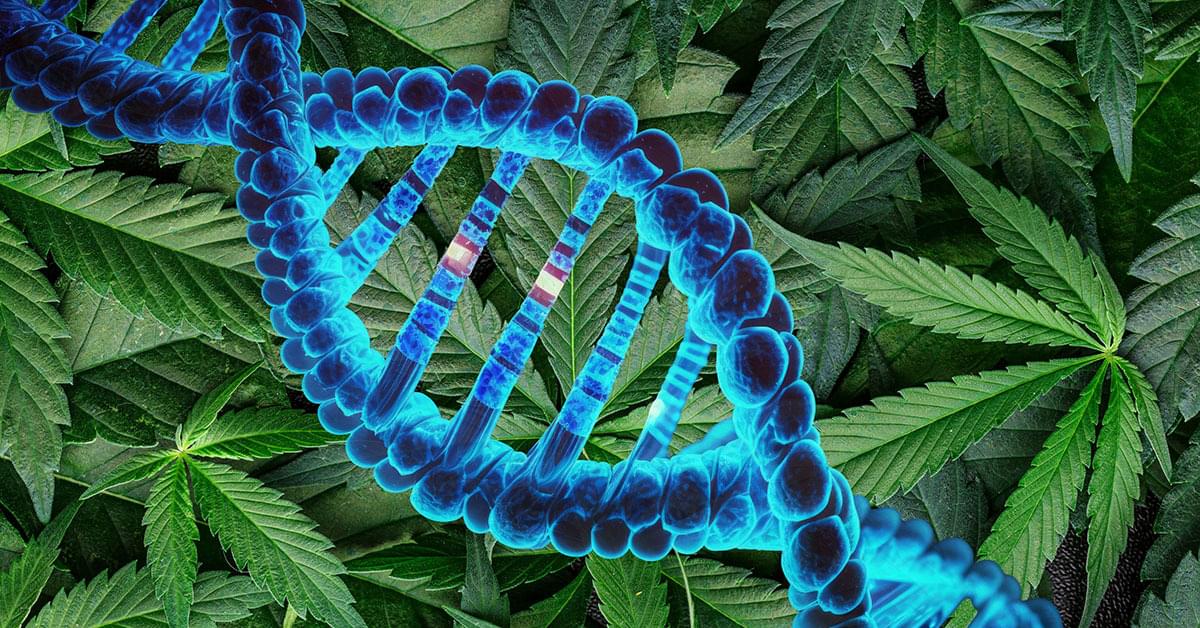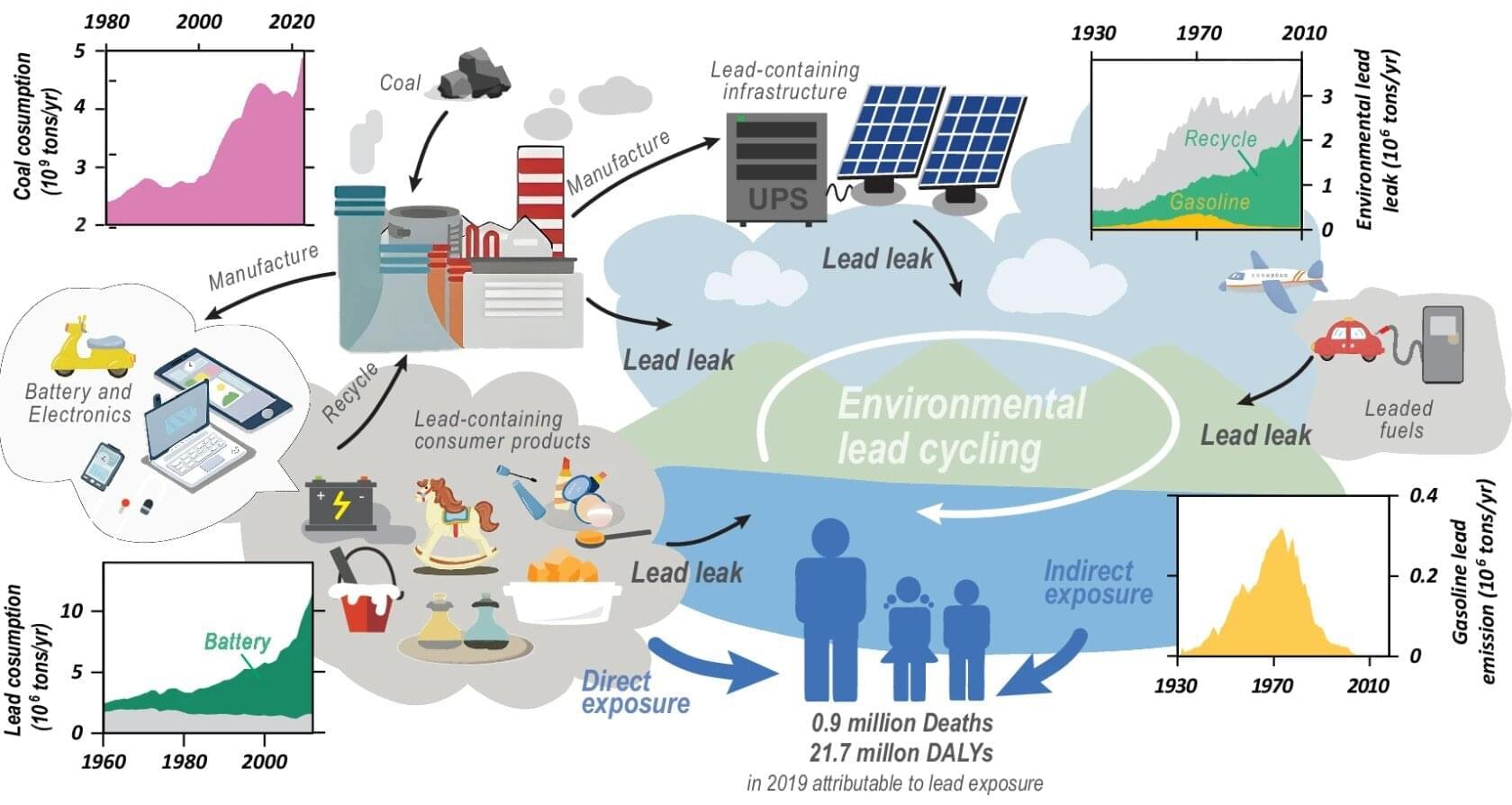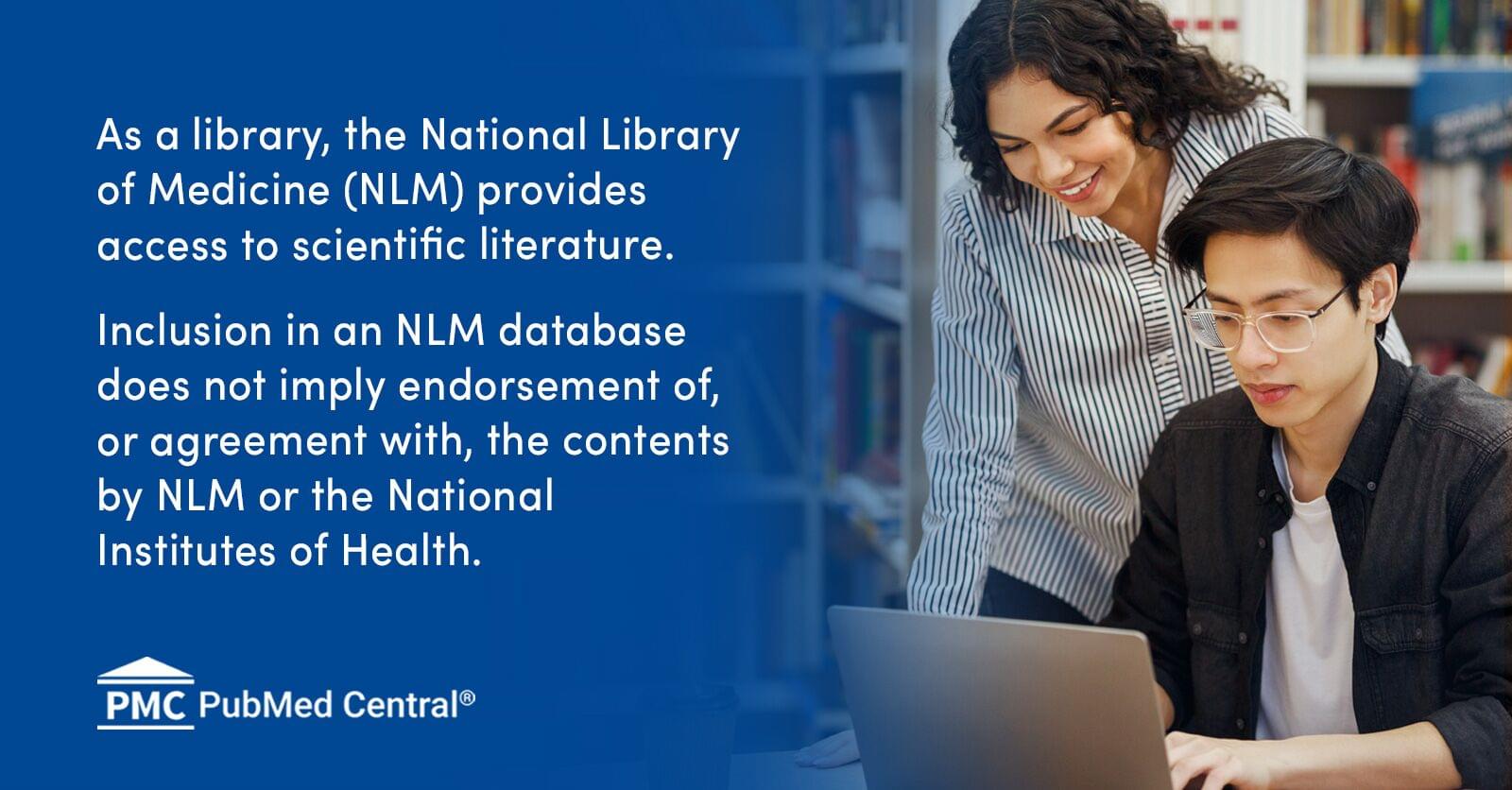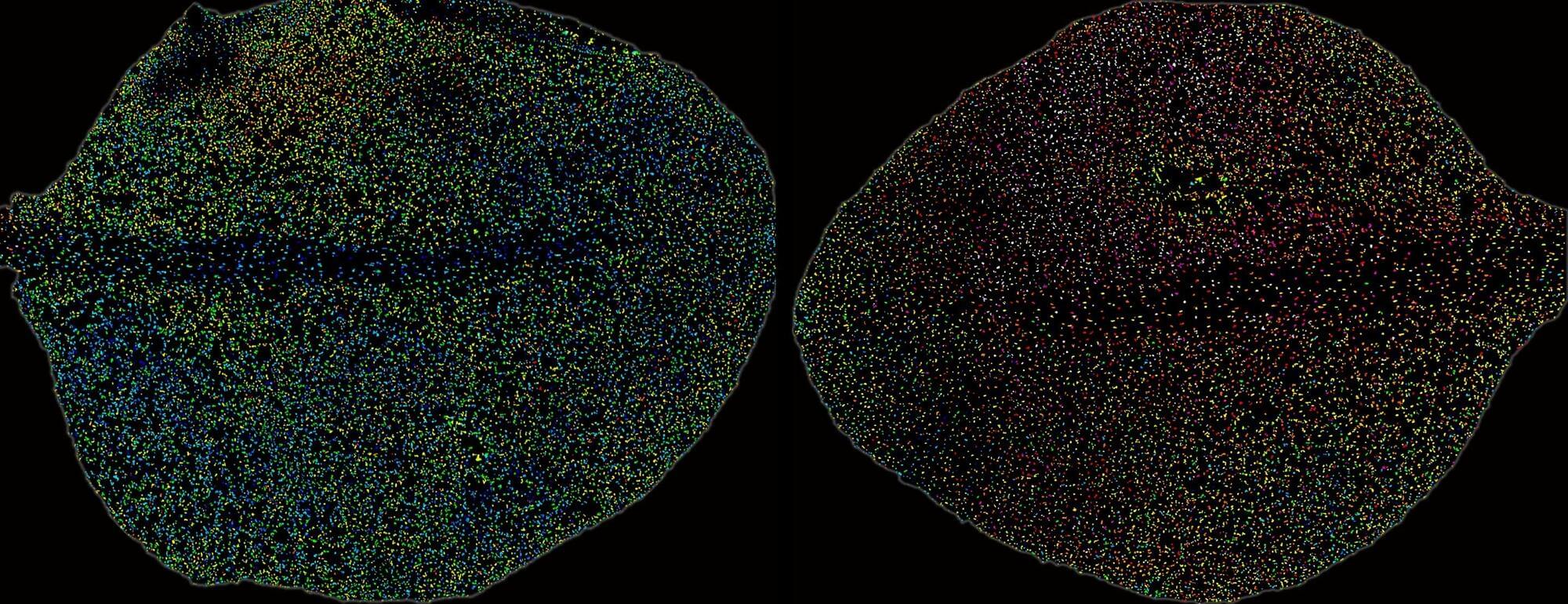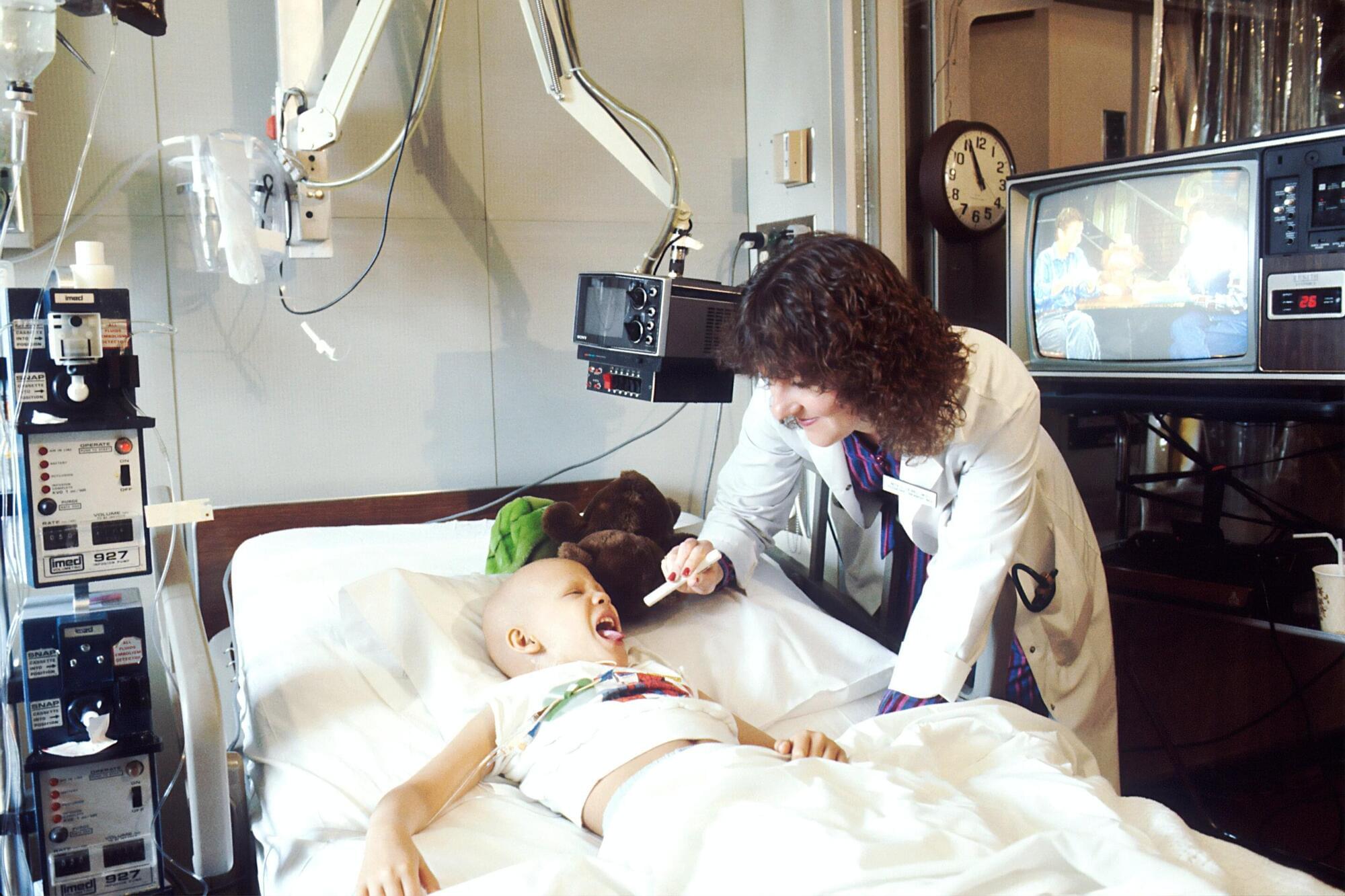Humanity stands at a crossroads. Our beautiful Earth, cradle of all we know, is straining under the weight of nearly 8.5 billion people. Environmental degradation, social inequity, and resource scarcity deepen by the day. We are reaching the limits of a single-planet civilization. We can face this challenge in two ways. Some will cling to the old patterns—fighting over dwindling resources and defending narrow borders. Others will rise above, expanding into space not to escape Earth, but to renew and sustain it. These pioneers—the Space Settlers —will carry the next chapter of civilization beyond our home planet.
The Humanist Path: Living in Free Space. When people imagine living beyond Earth, they often picture Lunar or Martian colonies. Yet, from a humanist perspective, a better path exists: rotating free space habitats, as envisioned by Gerard K. O’Neill. These are vast, spinning structures orbiting Earth or the Moon, or standing at Lagrange Libration Points, designed to simulate Earth’s gravity and sustain full, flourishing communities. Unlike planetary colonies bound to weak gravity, dust, or darkness, O’Neill habitats offer: 1g simulated gravity to preserve human health; continuous sunlight and abundant solar energy; freedom of movement, as habitats can orbit safely or relocate if needed. More than technical achievements, these habitats embody the Enlightenment spirit—the belief that reason, ethics, and creativity can design environments of dignity, beauty, and freedom.
Freedom and Human Dignity in Space. Freedom is at the heart of humanity’s destiny. Consider a lunar settler who finds his bones too fragile to withstand Earth’s gravity—trapped by biology, after a few years living on the Moon. In contrast, inhabitants of a rotating habitat retain the freedom to return on Earth, at will. Simulated gravity safeguards their health, ensuring that space settlement remains reversible and voluntary. Freedom of movement leads naturally to freedom of culture. In a habitat like “New Gaia”, thousands of people from all nations live together: Russians celebrating Maslenitsa, Indians lighting Diwali lamps, and space-born storytellers sharing ancient myths. New traditions also emerge—festivals, music, and art inspired by life between worlds. These habitats can become beacons of a new Renaissance —a rebirth of cultural and creative freedom beyond the constraints of geography and politics.

